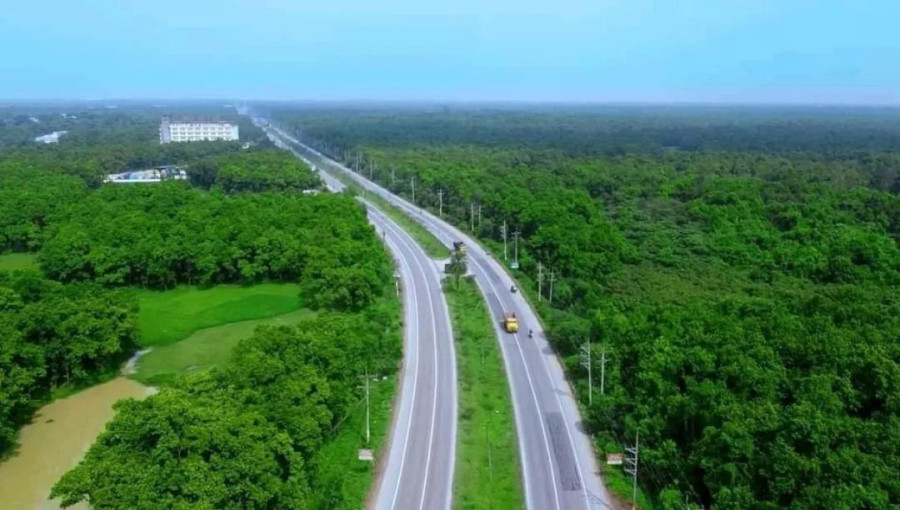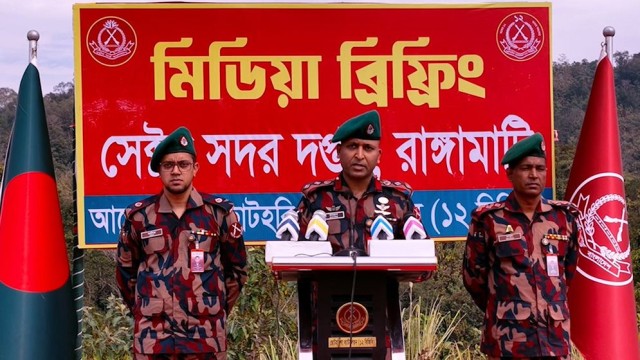Dhaka, Nov 16 (V7N)- Unregulated urbanization and industrialization have led to alarming ecological damage in Gazipur, with nearly 60% of forest land and 50% of water bodies lost over the past two decades, a recent study reveals.
According to the study, Environmental State of Gazipur District: Consequences and Excursion, conducted by the River and Delta Research Centre in partnership with the Bangladesh River Foundation, Prokriti O Jibon Foundation, and BELA, forest coverage in Gazipur has plummeted from 39,943 hectares in 2000 to just 16,174 hectares in 2023, a decline of 59.51%. Similarly, water bodies have diminished by 51.42%, shrinking from 11,462 hectares to 5,568 hectares during the same period.
Shifting Land Use Patterns
The district's land use has undergone drastic changes. In 2000, forest coverage was 23.44%, while water bodies accounted for 6.73%. By 2023, these figures dropped to 9.49% and 3.27%, respectively. Meanwhile, settlement coverage surged from 50.21% to 65.83%, and industrial areas expanded from 5.21% to 8.73%.
Population Shift and Industrial Impact
Gazipur’s rapid urbanization is accompanied by significant rural-to-urban migration, with the urban population growing by 10.51%, while the rural population has decreased by 2.05%. Currently, 61.52% of the working-age population is employed in the industrial sector, which has more than doubled the number of industrial areas since 2000.
This expansion has intensified land contamination, deforestation, and the encroachment of vital water bodies.
Threatened Rivers and Wetlands
Gazipur’s rivers, canals, and wetlands, vital to its ecosystem, face severe pollution and encroachment. The study documented 247 major encroachment sites and 161 active pollution points affecting key water bodies such as the Turag, Labanda, Tongi, Mogor, and Chilai rivers.
For instance, the Turag River suffers from industrial waste from Markas Beel, while Labanda River is inundated with plastic and industrial waste from 39 visible lines. Illegal brick kilns along the Turag River exacerbate the pollution and encroachment issues.
Recommendations for Action
The study underscores the need for immediate intervention from both municipal and national authorities. It calls for stricter environmental policies and enforcement mechanisms to curb further damage and restore the ecological balance in Gazipur.
Without prompt action, Gazipur’s natural resources, along with traditional livelihoods such as farming and fishing, will face even greater threats.
END/MSS/RJ





























Comment: